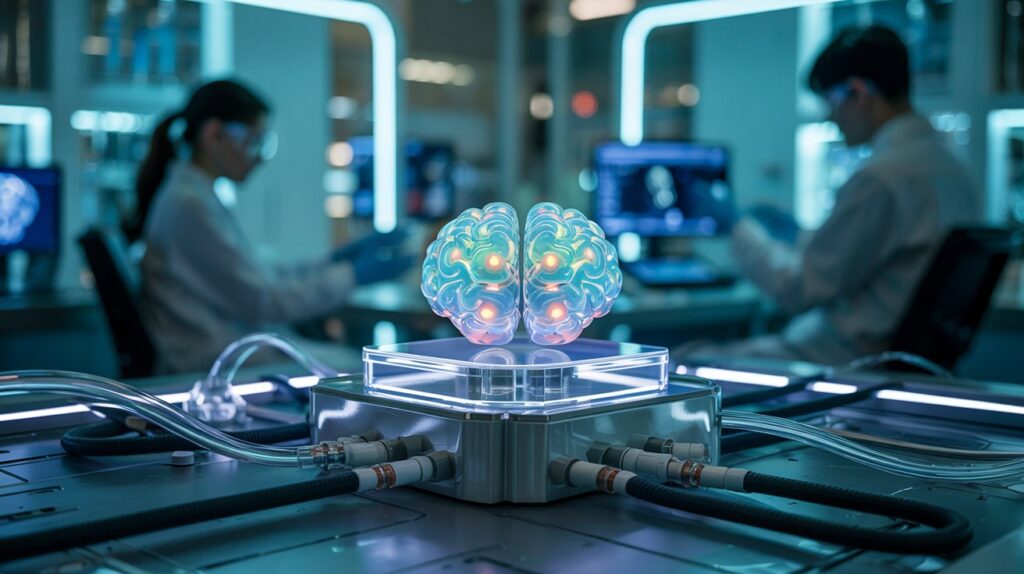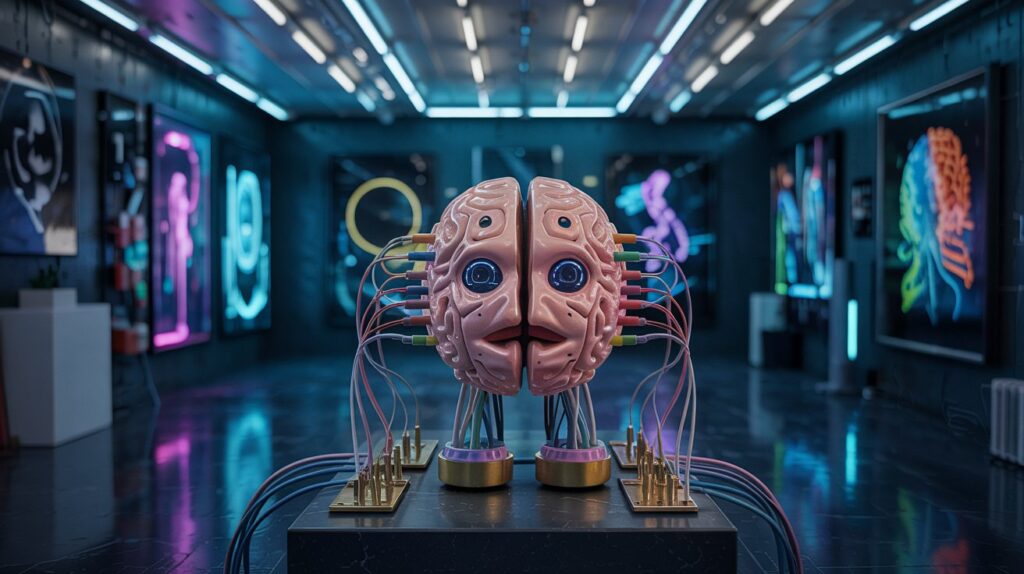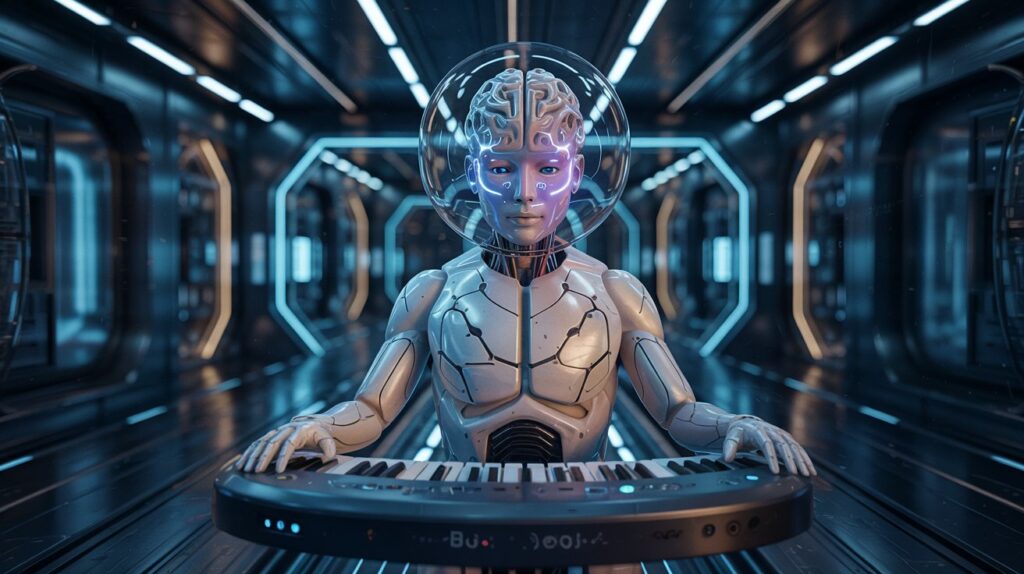Imagine a brain composing music years after its creator is gone.

Picture this: it’s 2025, and a lab in Australia is buzzing with something straight out of a sci-fi flick. A tiny, lab-grown brain, created from the DNA of a composer who passed away years ago, is making music. This isn’t just any brain—it’s a piece of Alvin Lucier, a legendary experimental musician whose wild ideas about sound are now echoing beyond the grave. At NovexaHub, we’re diving into this mind-blowing project that’s got everyone talking, blending science, art, and a touch of the impossible. It’s the kind of story that fits right into our bilim category, with vibes that could rival the tech nightmares of our Black Mirror posts. Let’s explore how this works and why it’s turning heads.
A Mini-Brain That Composes

This project, dubbed Revivification, is unlike anything we’ve seen. Scientists took a sample of Lucier’s blood, tweaked it into stem cells, and grew two small blobs of brain tissue—think of them as mini-brains, about the size of a pea. These aren’t thinking or feeling like a human brain, but they can fire off electrical signals. In a gallery in Perth, those signals travel through a web of electrodes to tap on brass plates, creating strange, humming melodies that fill the room. Lucier, who messed with brainwaves for music back in the ‘60s, would probably be grinning ear to ear knowing his DNA is still jamming in 2025.
Tiny brain signals turn into haunting melodies.
Where Science Meets Creativity

What makes this so fascinating is how it bridges two worlds: cold, hard science and the messy beauty of art. Lucier was all about pushing boundaries, using everything from his own brainwaves to room echoes to make music. Now, his mini-brain is carrying that torch, but it’s sparking big questions too. Is this really Lucier’s music, or just random blips from a lab experiment? Some folks wonder if it’s a step toward immortality, while others worry it’s a bit too close to playing god. The team behind it says these mini-brains could one day help crack diseases like Parkinson’s, which Lucier fought. It’s a wild mix of hope and unease, not unlike the ethical puzzles we love digging into at NovexaHub.
Scientist studying brain organoid in lab, 2025
Scientists unlock creativity through cutting-edge tech.
What’s Next for Music and Minds?

This isn’t just a one-off art piece—it’s a glimpse into the future. Imagine mini-brains composing in space stations or helping doctors test new drugs. But there’s a darker side too, like something you’d see in a Black Mirror episode. What if someone starts “reviving” artists without permission? The possibilities are thrilling and a little scary, which is why this project has people buzzing. It’s not just about music—it’s about what it means to create, to live, and maybe even to cheat death.
Brain organoid in futuristic space setting, 2025
Could mini-brains make music among the stars?
